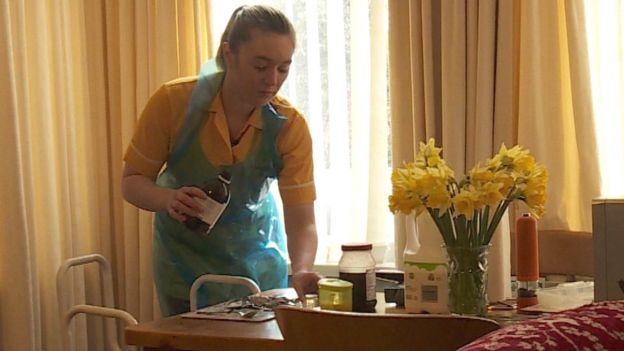34 CHRONICLES OF PHARMACY xvi
Pearls, writes Jean de Renou (1607), “are greatly cordial and rejoice the heart. The alchemists consequently make a liquor of pearls, which they pretend is a marvellous cure for many maladies. More often than not, however, their pretended liquor is nothing hut smoke, vanity, and quackery. I knew a barber in this city of Paris who was sent for by a patient to apply two leeches, and who had the impudence to demand six crowns of gold for his service. He declared that he had fed those leeches for an entire month on the liquor of pearls.”
,It is on record that Pope Clement VII took 40,000 ducats’ worth of pearls and other precious stones with unicorn’s horn within fourteen days. (See Mrs. Henry Cust’s “ Gentlemen Errant.”)
Emeralds had a great reputation, especially on account of their moral attributes. They were cold in an extra first degree, so cold that they became emblems of chastity, and curious tales of their powers in controlling the passions were told. Moses Maimonides, a famous Jew who lived in Egypt in the twelfth century, in a treatise he wrote by command of the Caliph as a concise guide in cases of venomous bites or poisons generally, declared that emeralds were the supreme cure. They might be laid on the stomach or held in the mouth or 9 grains of the powdered stone might be taken in wine. But recognising that emeralds were not always handy when the need arose, Moses names a number of more ordinary remedies.
Confection of Hyacinth was a noted compound formulated in all the old pharmacopoeias, and regarded as a sovereign cordial, fortifying the heart, the stomach, and 'the brain ; resisting the corruption of the humours and the malignity of the air ; and serving for many oi lier medicinal purposes. The original formula ordered Ih•sides hyacinths (which were probably amethysts), sapphires, emeralds, topazes, and pearls; silk; gold and silver leaves; musk, ambergris, myrrh, and camphor; sealed earth, coral, and a few vegetable drugs ; all made into an electuary with syrup of carnations. A similar compound, but in powder ^form, was known as “ Hungary Powder” and was believed to have been the most esteemed remedy in the Hungary Fever, to which some reference is made in the sketch of Glauber (Vol. I, pp. 260-264). The Emperor Ferdinand’s Plague I’owder was another variation of the same compound. Tliii formula given in Fernery’s Pharmacopoeia orders about twenty vegetable drugs with bole, hartshorn, ivory, and one scruple each of sapphires, hyacinths, emeralds, rubies, and garnets, in a total bulk of about I minces. The dose was from ^ scruple to 2 scruples.
Sir William Bulleyn, a famous physician in the reign of Henry VIII, and said to have been of the same family as the Queen, Anne Boleyn, in his “ Book of Simples,” which was a work of great renown in its day, gives the following recipe for Electuarium de Gemmis. " Take 2 drachms of white perles; two little peeces of nphyre; jacinthe, corneline, emerauldes, granettes, of eiieh an ounce; setwal, the sweate roote doronike, I lie rind of pomecitron, mace, basel seede, of each drachms; redde corall, amber, shaving of ivory, of each 2 drachms; rootes both of white and red behen, ginger, long pepper, spicknard, folium indicum, saffron nmlamon, of each one drachm ; troch diarodon, lignum aloes, of each half a small handful; cinnamon, galinga, /,nruboth, which is a kind of setwal, of each 1|- drachm :
I Inn pieces of gold and sylver, of each half a scruple; iiiii k, half a drachm.” The electuary was to be made












